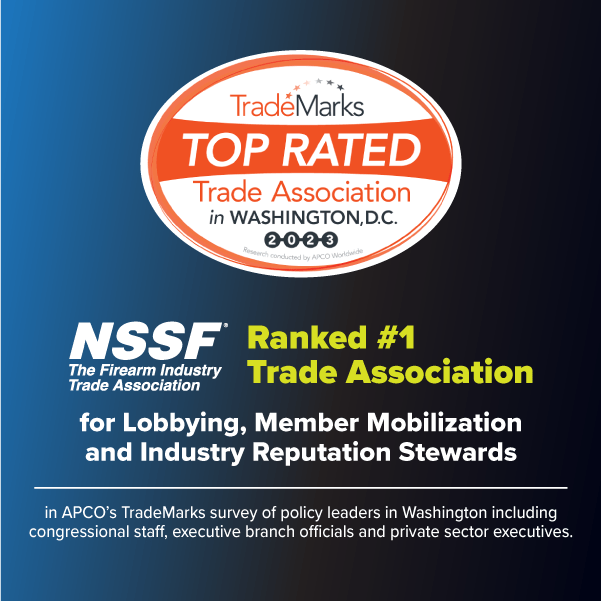 Back to News
Back to News
July 12, 2011
ATF Requiring Multiple Sales Reporting of Long Guns; Firearms Industry to File Suit
The National Shooting Sports Foundation (NSSF) – the trade association for America’s firearms industry – announced today that it will file a lawsuit challenging the legal authority of the Department of Justice (DOJ) and the Bureau of Alcohol, Tobacco, Firearms and Explosives (ATF) under the Gun Control Act to compel 8,500 federally licensed firearms retailers in Arizona, California, New Mexico and Texas to report the sale of two or more semi-automatic rifles larger than .22 caliber and capable of accepting a detachable magazine that are purchased following an FBI background check by the same individual within five consecutive business days.
At the time Congress authorized the reporting of multiple sales of handguns it could have required it for the sale of long guns, but it did not. ATF is clearly exceeding its lawful authority under the Gun Control Act. Current ATF Acting Director Ken Melson himself has previously questioned ATF’s legal authority to impose this new requirement.
“While we encourage all retailers, not just those along the southwest border, to continue to cooperate with ATF and report any suspicious activity, this is the proverbial ‘slippery slope,’ ” said Lawrence G. Keane, NSSF Senior Vice President and General Counsel. “If ATF can require this record keeping and reporting requirement of law-abiding retailers in these four states simply by sending a letter demanding the information, than there is no record or report ATF can not require of any licensee, anywhere in the country for as long as ATF wants. They simply need to send a letter demanding it,” said Keane.
Operation Fast and Furious confirms what ATF has always maintained, that retailers are a vital source of information for law enforcement in combating illegal firearm trafficking. These retailers routinely report questionable transactions to authorities, including ATF. Throughout the Fast and Furious congressional investigation, it was suggested that federally licensed retailers were the original source of information that gave rise to the operation and retailers allowed ATF special agents to stand behind the counter of their shops so that they were better able to observe the transactions.
Even if ATF had the legal authority to require sales reporting for long guns, it is an ill-considered policy that will actually make it more difficult for retailers to cooperate with ATF. Illegal firearms traffickers will simply alter their schemes to avoid and evade the reporting requirement. For example, traffickers could simply recruit more “straw purchasers” and have them illegally purchase firearms from multiple licensees, or simply move their illegal trafficking activities to other states where the reporting requirement does not exist.
Categories: Government Relations, Top Stories









